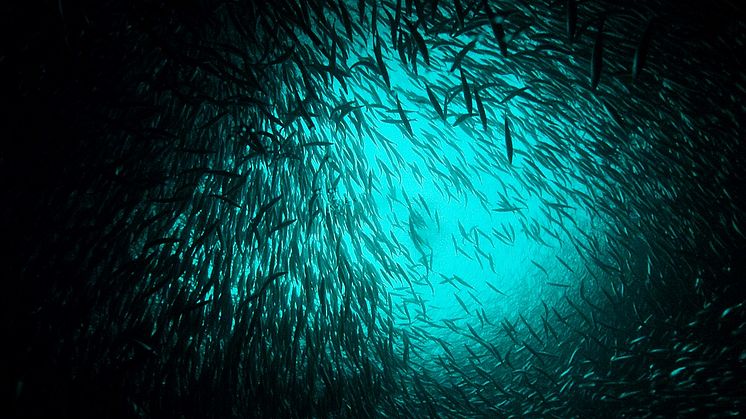How honeybees do without males
An isolated population of honeybees in South Africa, the Cape bees, has evolved a strategy to reproduce without males. A team of researchers at Uppsala University and in South Africa has sequenced the entire genomes of a sample of Cape bees and compared them with other populations of honeybees to find out the genetic mechanisms behind their asexual reproduction.
